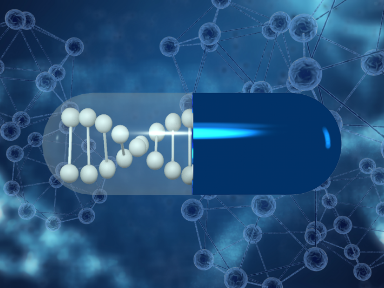New targeted gene therapy could reverse neurological diseases
(2021年08月24日)https://www.pharmasources.com/news/72010.html
A research team in the US have created a new, targeted method of gene therapy that could help children born with a rare genetic disorder called aromatic L-amino acid decarboxylase (AADC) deficiency. The disease is characterised by deficient synthesis of dopamine and serotonin and causes severe physical and developmental disabilities.
The study, conducted by researchers at The Ohio State University, US, involved the targeted delivery of gene therapy to the midbrain in seven children ages four to nine years-old who were infused with a viral vector. During the surgery, physicians infused a benign virus programmed with specific DNA into precisely targeted areas of the brain. The infusion was delivered extremely slowly as surgeons monitored exactly how it spread within the brain using real-time magnetic resonance imaging (MRI).
“Really, what we are doing is introducing a different code to the cell,” explained Dr James Elder, director of neurosurgical oncology at Ohio State Wexner Medical Center’s Neurological Institute. “And we are watching the whole thing happen live. So we continuously repeat the MRI and we can see the infusion blossom within the desired nucleus.”
The therapy resulted in significant improvement of symptoms, motor function, and quality of life. The team also found that the seizure-like episodes associated with AADC deficiency, called oculogyric crises, were the first symptom to disappear after the gene therapy surgery. “In the months that follow, many patients experience life-changing improvements,” co-author Dr Krystof Bankiewicz added. “Not only do they begin laughing and have improved mood, but many are able to begin speaking and even walking.”
Clinical trials are currently underway to test this procedure in other people living with deliberating and incurable neurological conditions. According to Bankiewicz, this new therapy could transform the treatment of AADC deficiency in the future. The team also believe this method of gene therapy could be used to treat other genetic disorders as well as common neurodegenerative diseases, such as Parkinson’s and Alzheimer’s disease.
The findings of the study were published in Nature Communications.
- このできごとのURL:



コメント